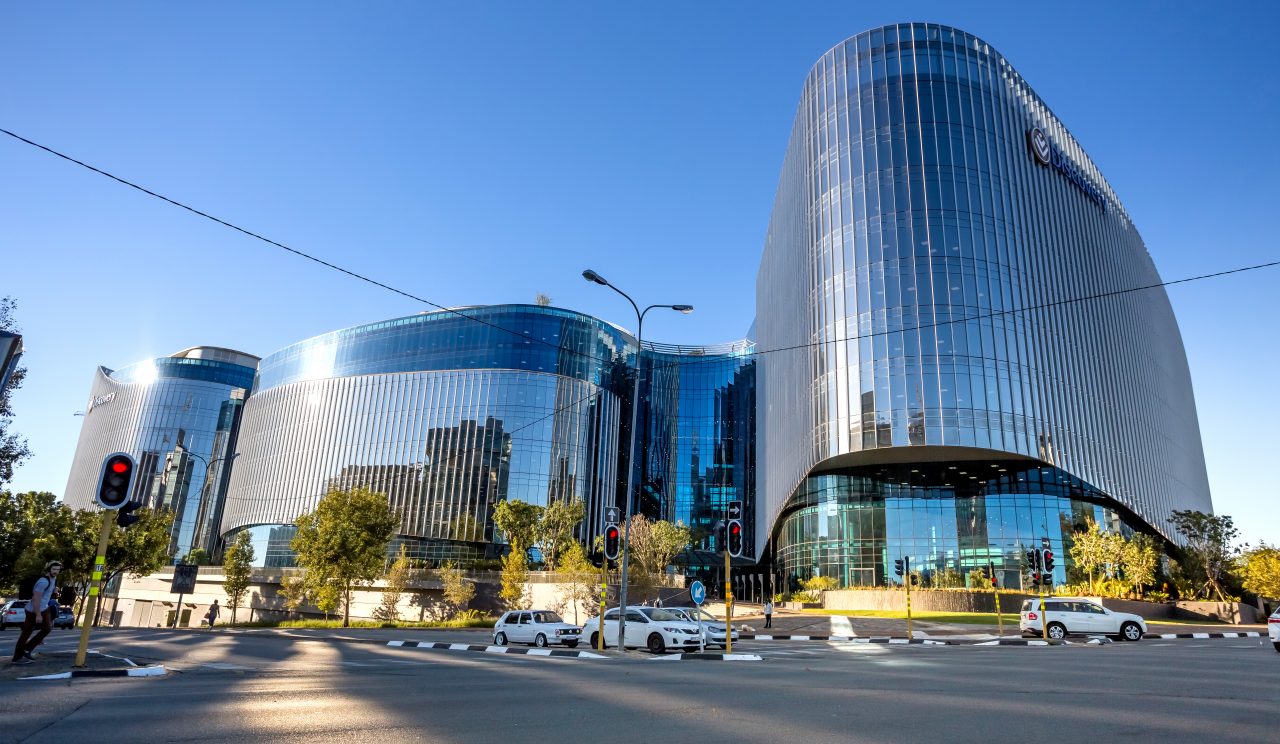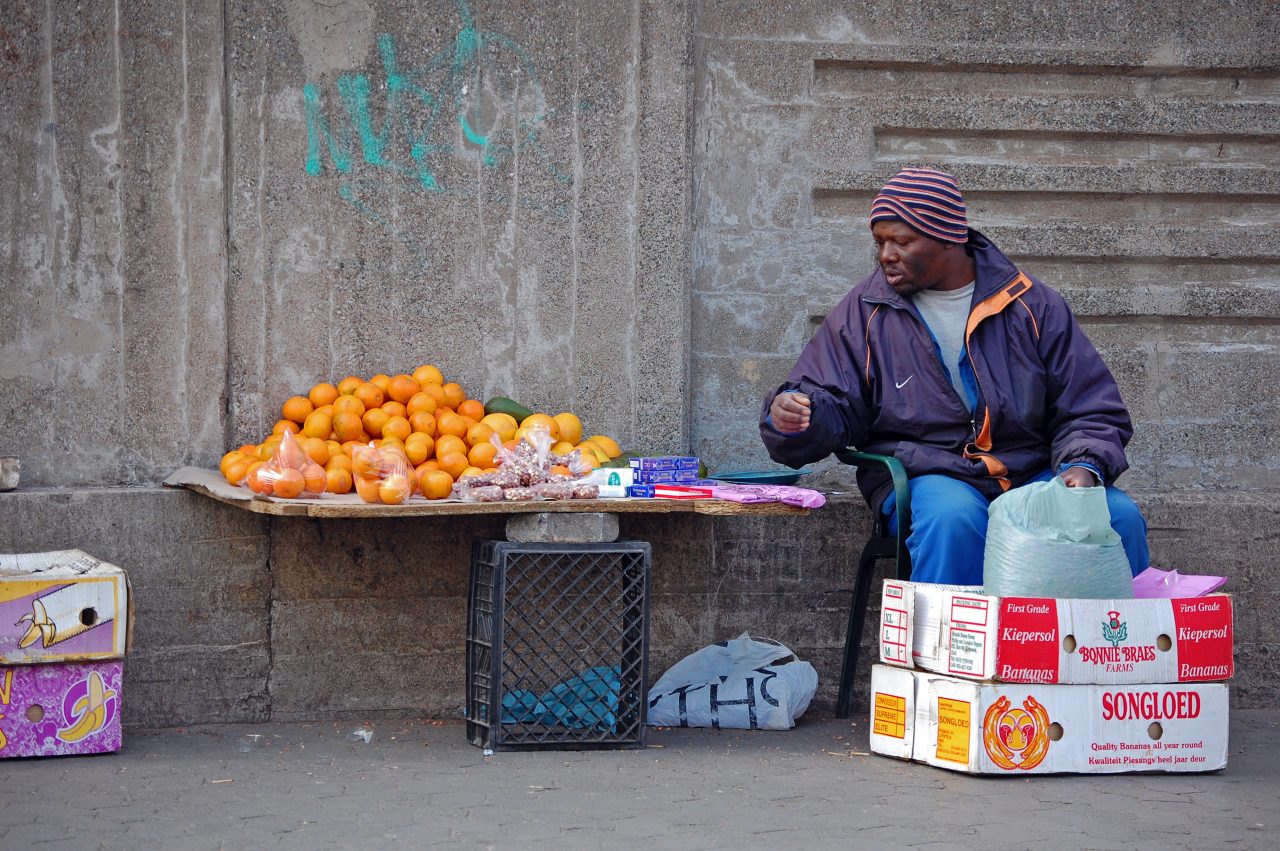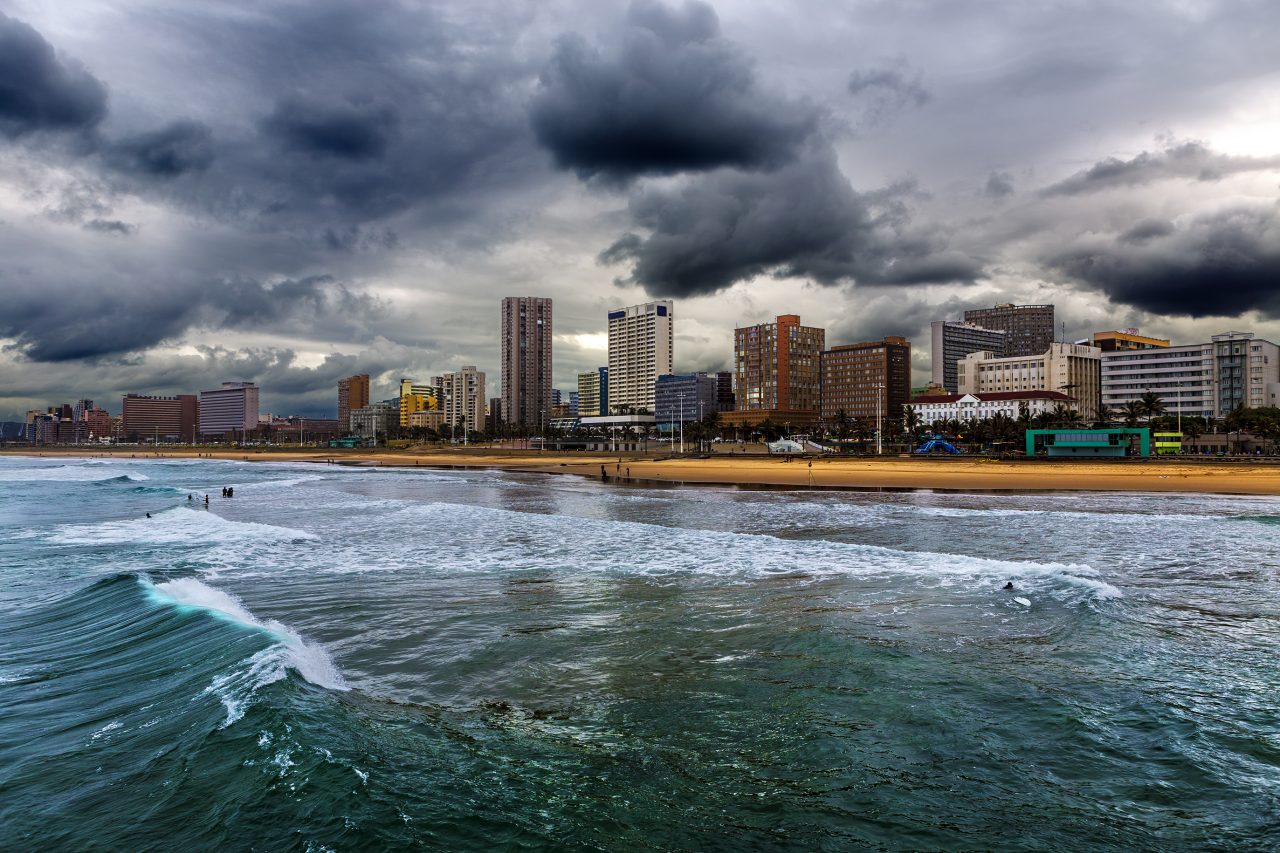Join GlobalBizzNetwork and start your international business network today.
Sports & business
Sportwear sales
Sportswear sales continued to face strong competition from counterfeits at the end of the review period, with the majority of counterfeits being imported from Asia. These products are sold via variety stores and informal retail channels and attract many aspirational low-income consumers. These products are considerably lower priced in comparison to prices in formal channels such as sports goods stores and to genuine brands such as adidas and Nike. Many consumers are keen to enjoy the status of wearing apparel and footwear carrying the name of leading sportswear brands but are unwilling to pay a high price for genuine articles and have little interest in quality or design with regard to these products.
Leading player
Adidas is the leading player in sportswear and was the only player to account for a double-digit value share at the end of the review period with almost 12%. Adidas benefits from its strong nationwide distribution, both via third-party retailers and via its own expanding store network. The company also benefits from its partnerships with FIFA and numerous other major football clubs and players, both in South Africa and in other countries.
Stronger focus on health and welness
There is expected to be a stronger focus on health and wellness in the forecast period. This will be linked to numerous factors, including increasingly stressful and sedentary lifestyles, a growing number of obese or overweight consumers and a rise in the incidence of lifestyle ailments. There is expected to be a strong government focus on encouraging consumers to eat more healthily and exercise more, with this likely to be further reinforced by strong media coverage of these issues. These factors are thus likely to increase South African consumers’ participation in sports.
Sports & energy drinks
Television advertisements continue to be highly influential in stimulating demand for sports and energy drinks in South Africa. Investment in promotional activities remains highly relevant in justifying higher unit prices for products such as energy drinks which is a fairly new and small category in South Africa. The success of most brands in South Africa has been due to the use of eye catching advertisements, such the ones used by Red Bull where animated cartoon characters have been used to show the benefits of consuming the brand.
Coca-Cola continued to lead sports and energy drinks, with an overall volume share of 33%. The company’s success is highly driven by its diverse brand range spanning both sports and energy drinks. The company boasts its Powerade brand in sports drinks, where the brand is more popular amongst consumers due to wider distribution and persistent brand promotion. Coca-Cola also leads energy drinks with its Power Play brand, which commands more share due to the fact that it is priced lower when compared with its rival brand, Red Bull.
Sports and energy drinks is expected to see steady growth over the forecast period. Growth is expected to be highly driven by energy drinks, which is currently the smaller of the two categories. Continued promotional activities, including TV advertisements, are expected to continue boosting volume sales growth for energy drinks.
SMME’s presented as the solution to job creation in sports business industry
An exploratory study was conducted by Kush Mothilall and Professor Paul Singh to analyze trends and opportunities in the sport business industry with a specific focus on SMME’s and entrepreneurship. A survey was undertaken of small business entrepreneurs plying their trade in the broad South African sport industry.
Results
The identification of viable business opportunities and having a passion for sport were found to be the main opportunity-based antecedent motivators for starting a business in sport. A Factor Analysis found that self-development, one’s predisposition to sport business, previous business experience, and job security and flexibility were dominant pull factors to enter sport business. The personal satisfaction of self-employment, the future potential in the industry, the growth and presence of existing businesses, and the existence of an established market reputation were found to be the main factors prompting entrepreneurs to remain in the sport business market.
Results further revealed that the South African sport industry is not a homogenous industry but a heterogeneous marketplace, highly segmented with a cross-cutting presence into related industries. SMME’s were found to have multiple revenue streams in offering diversified products and services. As a mass market product, core consumers were found to be the general public, followed by the sport community at large, schools, sport federations, local municipalities, and corporate businesses.
Conclusion
The study has revealed that there is indeed a presence of embedded multiple business opportunities for new venture creation and income-generation in the sport industry. The study has demonstrated that there is a positive indication of future business potential in the sport industry. The need to profile successful entrepreneurs and use them as role models is recommended. The need to mentor and support youth entrepreneurs until the take-off stage in new venture creation programs is further recommended.
You can read the full report here: an analyse of opportunities in sports business in SA









